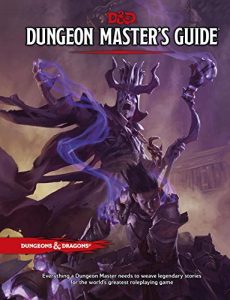 I honestly don’t have much to add after reading the 5e DMG than when I reviewed the Player’s Handbook. That book contains almost all of the actual rules for the game, so that’s where the meat is.
I honestly don’t have much to add after reading the 5e DMG than when I reviewed the Player’s Handbook. That book contains almost all of the actual rules for the game, so that’s where the meat is.
The Dungeon Master’s Guide is, for a wonder, actually that (a guide). It’s not as referency as the Monster Manual, for example, which is just a bunch of tables of monster stats in alphabetical order with flavor text next to each. But it is primarily a reference book full of ideas. “How do you want to deal with character downtime between adventures? How do you want to deal with magic items? What kind of story are your players interested in, and how do you provide them a good balance if not everyone agrees? How do you fill out the rough edges of your world, so there’s a place for the adventures to happen? How do you decide what is going to happen? How do you make sure it’s balanced to where the characters are, so they neither explode into a bloody mess nor march triumphantly through ranks of lesser beings with no challenge at all?” You know, the things you need to know to make it a good game.
Some of those details are useful to me, many more are not (because I’m not making my own world or my own adventures any time soon, for example), but I appreciate the level of detail provided. Someone put a lot of thought into this edition, and it shows. And there are things that are definitely useful, like ways to tweak the rules to make things feel more superheroic or more gritty and real. As reference books go, I’m just trying to say: it’s very solid.
Anyway, though, one thing I should have mentioned in my last review and did not: I am in awe of the genius simplicity of the advantage and disadvantage rules. See, time was, you’d have all these modifiers as a hold over from wargaming. Because, optimally, you are playing on a 3D map with 3D figures, and they are moving around in reaction to each other. So, yay, the enemy is unaware of you, good job, bonus. But boo, they’re behind a waist-high wall and it gives them some cover. Penalty! And all this stuff stacks up, right?
The way advantage works is, either because of a specific reason in the rules (surprise, enemy is immobile, character learned a cool technique that they can use only sometimes, or whatever it is) or because the DM sees a good reason why advantage should be granted due to the tactics being clever but the rules not covering it specifically, you get advantage on the roll you are making. Which means you roll your d20 twice, and take the better roll. Disadvantage works exactly the opposite, you find a reason why this is hard (your hands are covered in blood and it makes your trap tools slippery, or you’re just waking up when the fireball explodes in the middle of camp), and you roll your d20 twice and take the worse roll. It doesn’t stack where you’re rolling any extra dice beyond two, and it cancels if you would have both.
If that doesn’t sound incredibly simple and clever to you, it’s because I described it wrong. Seriously. Best rules update since they took away THAC0.
(Secretly, I still like THAC0, but I couldn’t think of an easier touchstone.)
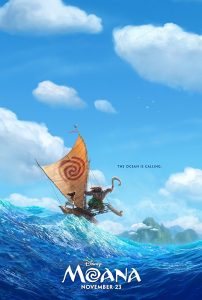 Today while I was working from home, Mary turned on Moana. I saw half of it once, and the first act twice since then (all of these because I have three nieces/nephews under the age of five). This makes it kind of hard to review, and probably I shouldn’t, but it would feel good to do something on time for once, I guess.
Today while I was working from home, Mary turned on Moana. I saw half of it once, and the first act twice since then (all of these because I have three nieces/nephews under the age of five). This makes it kind of hard to review, and probably I shouldn’t, but it would feel good to do something on time for once, I guess.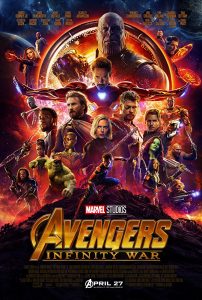 Man, I screwed the pooch. It’s been what, two weeks since I saw
Man, I screwed the pooch. It’s been what, two weeks since I saw  I honestly don’t have much to add after reading
I honestly don’t have much to add after reading 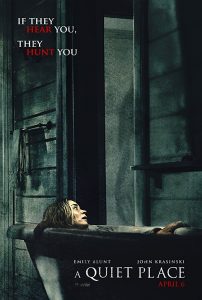 I saw
I saw 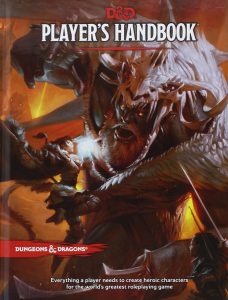 Full disclosure: I did not read the entire
Full disclosure: I did not read the entire 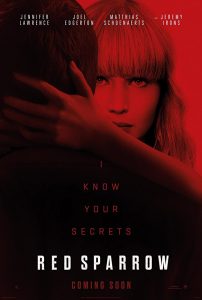 I want to talk about the fact that the last three movies I’ve seen theatrically[1] have touched on the action genre and had female leads, but I’m not certain
I want to talk about the fact that the last three movies I’ve seen theatrically[1] have touched on the action genre and had female leads, but I’m not certain 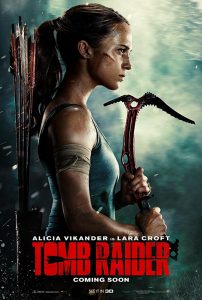 The single biggest problem with
The single biggest problem with 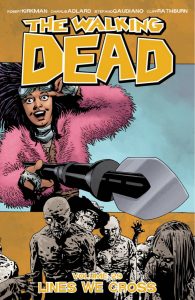 I find that Walking Dead graphic novels come out at the right pace. Twice a year, six issues each (which okay, that’s a pretty obvious rate if you pause to think about it), and whenever I get one in the mail it’s just about exactly the time that I think it’s been a little while since I read the last one. I wonder if I would itch for them more, if the show wasn’t also coming out on about that schedule (eight episodes instead of six, and closer to the turn of the year than an even split, but nonetheless) to fill in any extra itchings.
I find that Walking Dead graphic novels come out at the right pace. Twice a year, six issues each (which okay, that’s a pretty obvious rate if you pause to think about it), and whenever I get one in the mail it’s just about exactly the time that I think it’s been a little while since I read the last one. I wonder if I would itch for them more, if the show wasn’t also coming out on about that schedule (eight episodes instead of six, and closer to the turn of the year than an even split, but nonetheless) to fill in any extra itchings.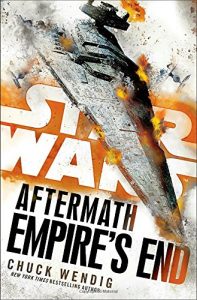 If you are looking for a book that explains why there’s wreckage all over Jakku in
If you are looking for a book that explains why there’s wreckage all over Jakku in 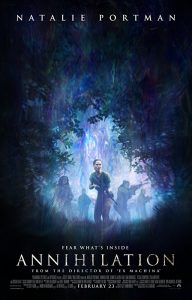 Thanks, random invite to a sneak preview from Alamo Drafthouse! The last one of these I got was for
Thanks, random invite to a sneak preview from Alamo Drafthouse! The last one of these I got was for